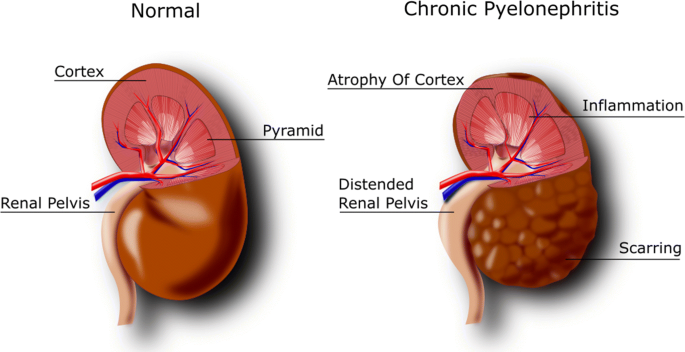
If your kidney problem is chronic, you may wonder how long you can continue without undergoing dialysis or if dialysis will ever become necessary. Chronic kidney disease (CKD) is a condition characterized by the gradual loss of kidney function over time. While the need for dialysis varies from person to person, there are several factors to consider when contemplating the potential duration of living without dialysis.
The progression of CKD and the need for dialysis depend on various factors, including the underlying cause of kidney disease, the individual’s overall health, and the management of related conditions. It’s important to note that not all individuals with CKD will require dialysis at some point in their lives. Some individuals may experience a slow decline in kidney function, while others may have stable kidney function for a prolonged period.
The determination of when to initiate dialysis is primarily based on the severity of kidney disease and the presence of symptoms or complications. The estimated glomerular filtration rate (eGFR) is a measurement used to assess kidney function. It estimates the rate at which the kidneys are filtering waste products from the blood. Dialysis is typically considered when the eGFR falls below 15 milliliters per minute per 1.73 square meters (mL/min/1.73m²). However, this threshold may vary depending on individual circumstances and medical judgment.
It’s worth noting that dialysis is not a cure for kidney disease but rather a life-sustaining treatment that replaces some of the lost kidney functions. It helps remove waste products and excess fluid from the body and maintains the balance of electrolytes. Therefore, the decision to start dialysis is carefully evaluated based on an individual’s overall health, symptoms, and the potential risks and benefits.
Managing CKD without dialysis involves several measures aimed at slowing the progression of the disease and maintaining kidney function for as long as possible. Lifestyle modifications, such as adhering to a kidney-friendly diet, managing blood pressure and blood sugar levels, and maintaining a healthy weight, can play a crucial role in preserving kidney function. Medications may also be prescribed to control underlying conditions, manage symptoms, and protect the kidneys.
Regular monitoring of kidney function through blood tests and urine tests is essential for assessing the progression of CKD and making informed decisions about the need for dialysis. Nephrologists, who are specialists in kidney diseases, work closely with patients to develop personalized treatment plans and adjust them as necessary based on the individual’s condition.
While the duration of living without dialysis in the context of chronic kidney disease can vary, it’s important to be proactive in managing your health. Taking steps to address underlying conditions, adhere to a healthy lifestyle, and closely follow the guidance of your healthcare team can significantly impact the progression of kidney disease.
In some cases, a kidney transplant may be an option for individuals with end-stage renal disease (ESRD), the final stage of kidney disease. A successful kidney transplant can restore kidney function and eliminate the need for dialysis. However, the availability of donors and medical suitability are factors that influence the feasibility of transplantation.
In conclusion, the need for dialysis in chronic kidney disease depends on various factors, and it is not a predetermined outcome for all individuals. By closely monitoring kidney function, managing underlying conditions, and making healthy lifestyle choices, it is possible to delay or potentially avoid the need for dialysis. Working closely with your healthcare team will help ensure the best possible management of your kidney disease and guide decisions regarding dialysis if and when it becomes necessary.
